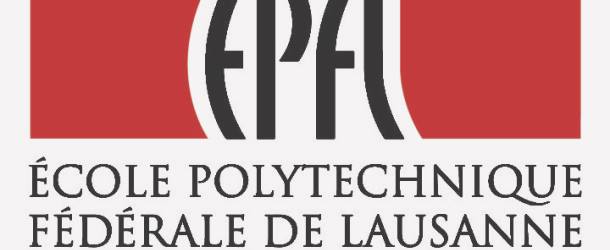Running Quantum Software on a Classical Computer

(EPFL) Two physicists, from EPFL (École polytechnique fédérale de Lausanne) and Columbia University, have introduced an approach for simulating the quantum approximate optimization algorithm using a traditional computer. Instead of running the algorithm on advanced quantum processors, the new approach uses a classical machine-learning algorithm that closely mimics the behavior of near-term quantum computers.
In a paper published in Nature Quantum Information, EPFL professor Giuseppe Carleo and Matija Medvidović, a graduate student at Columbia University and at the Flatiron Institute in New York, have found a way to execute a complex quantum computing algorithm on traditional computers instead of quantum ones.
Researchers on the new study wanted to address an open question in the field: Can algorithms running on current and near-term quantum computers offer a significant gain in performance over classical algorithms for tasks of practical interest. Using a conventional computer, the researchers developed a method that can approximately simulate the behavior of a special class of algorithms known as variational quantum algorithms.
The specific “quantum software” they are considering is known as Quantum Approximate Optimization Algorithm (QAOA) and is used to solve classical optimization problems in mathematics; it’s essentially a way of picking the best solution to a problem out of a set of possible solutions. “There is a lot of interest in understanding what problems can be solved efficiently by a quantum computer, and QAOA is one of the more prominent candidates,” says Carleo.
According to the researchers, the software is basically a way of picking the best solution to a problem out of a set of possible solutions. Carleo says there is significant interest in understanding what problems can be solved efficiently by quantum computers, and QAOA is one of the most promising candidates. QAOA is meant to help on the path to the so-called “quantum speedup,” which is a predicted boost in processing speed achievable using quantum computers.





















